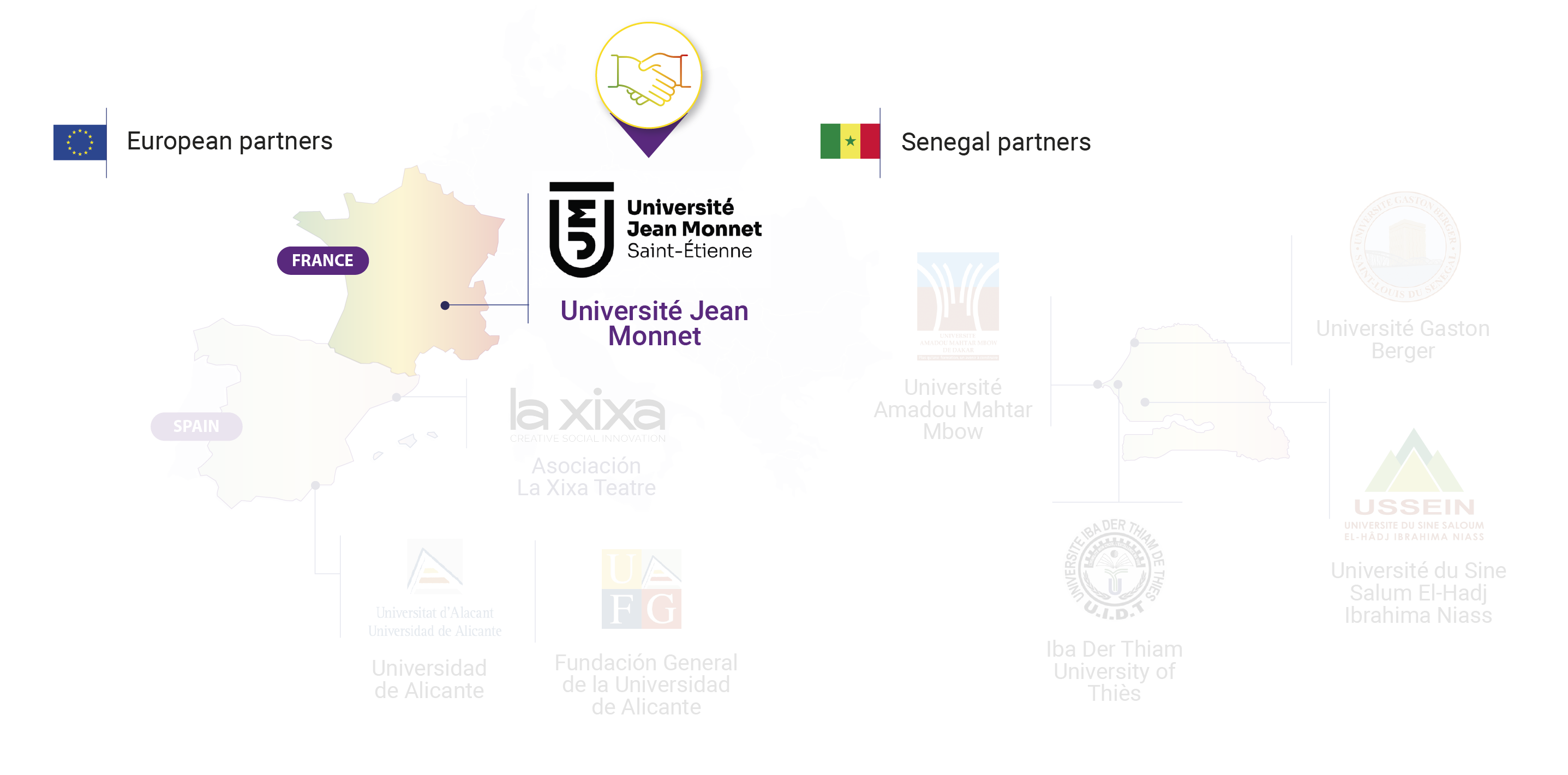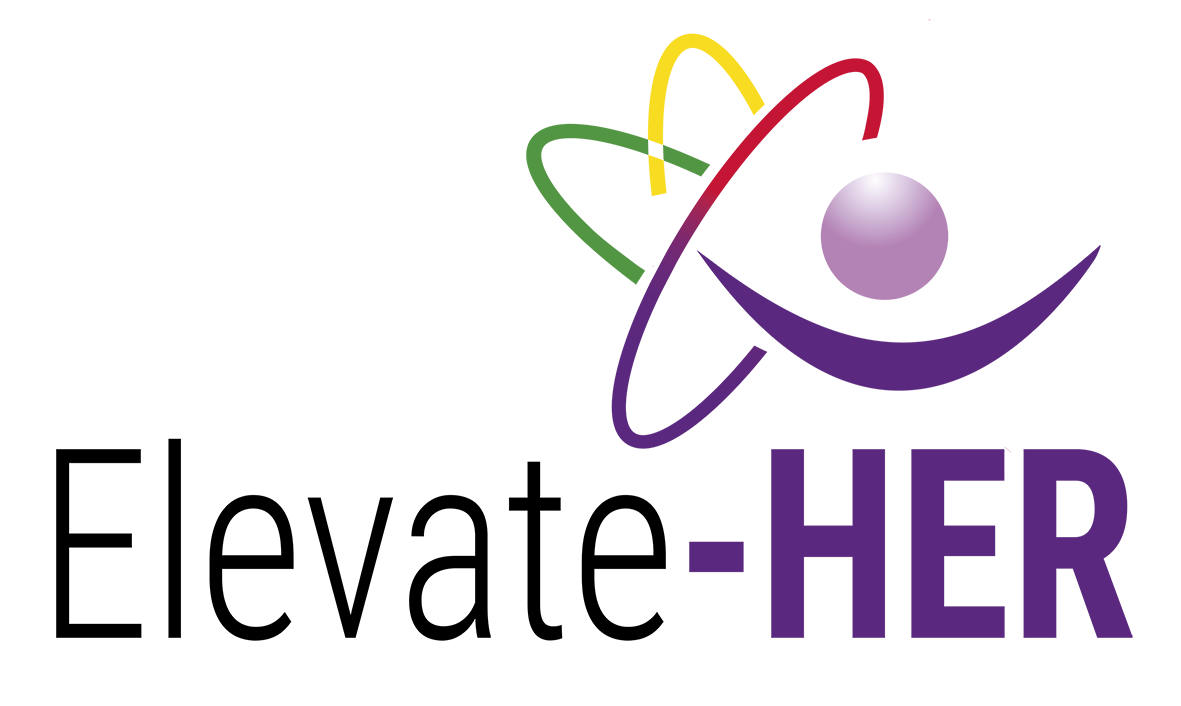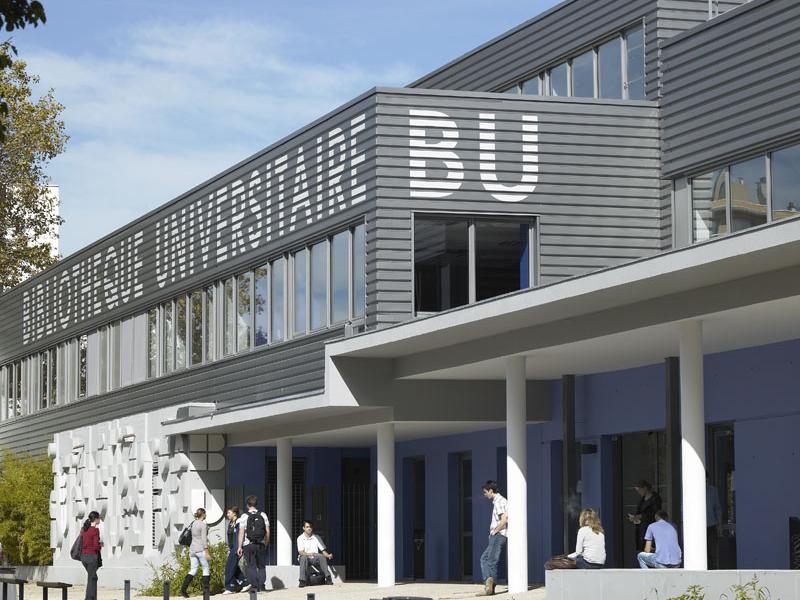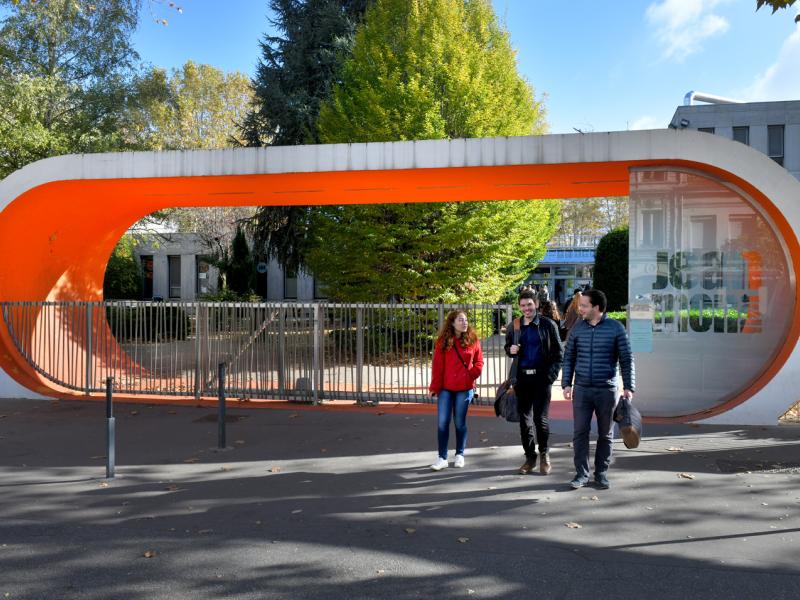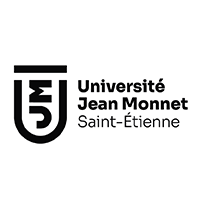
+33 04 77 43 79 70
Multidisciplinary, Jean Monnet University (UJM) offers 3 major fields of research and studies: Arts, humanities & social sciences / Law, Economics & Management / Sciences, Technologies, Engineering & Health.
UJM is present throughout the cities of Saint-Étienne and Roanne. With its 20,000 students, including over 2,500 international students, Jean Monnet University supplies young talent and excellence to its 5 campuses and the local and metropolitan area.
With 24 research laboratories and 6 doctoral schools, UJM conducts cutting-edge research with an emphasis on partnerships between higher education institutions and socio-economic partners. Thanks to its wide range of international degrees, its Graduate Schools, its integration within the European University Transform4Europe (T4EU) and its international labels and partnerships (joint degrees, scientific cooperation, joint laboratories with universities and companies), UJM is part of a European and international dynamics.
Jean Monnet University (UJM) is also an active member of the Universities Community of Lyon Saint-Étienne, an academic site of excellence ranking as the 2nd largest research and training centre in France.
Over the past two decades, Jean Monnet University (UJM) has developed an international strategy centered around the establishment of partnerships, decentralized degree programs, and international master's degrees, notably Erasmus Mundus labeled. This strategy is built upon an integrated approach to education, research, and internationalization, aiming to enhance the institution's attractiveness, promote student mobility, and strengthen collaborations with socio-economic partners.
For the period 2021-2025, key orientations include expanding international partnerships, developing international pathways and double degrees, and enhancing the reception of international students and researchers.
UJM has also committed to the European University, Transform4Europe (T4EU), to engage in structuring projects at the European level and increase its international competitiveness. Significant progress has already been made, including the establishment of several graduate schools, integration into T4EU, submission of European projects, and the signing of strategic research partnerships.
In the field of education, efforts are being made to diversify international pathways, increase student mobility, and implement short-term certification or micro-credit programs. In summary, UJM is pursuing an ambitious strategy to strengthen its international positioning and promote academic excellence and cooperation at both the European and global levels. These initiatives reflect the university's strong commitment to global openness and engagement.
The equality of women and men is a major issue within our current society. Jean Monnet University has been particularly sensitive to this for several years. Thus, the Human Resources Department is committed to taking actions in favor of gender equality.
An action plan has been defined and validated by the various bodies of the institution.
As part of its Quality of Life and Working Conditions policy, to promote a good balance between professional and personal life, the University offers various flexible working arrangements, including part-time work and telecommuting.
In 2023, it also implemented a guide for the recruitment of administrative staff. In 2024, as part of the European HRS4R label, the University will publish its human resources strategy for research called "Open, Transparent, and Merit-Based Recruitment Policy" for researchers and teacher-researchers. Furthermore, a decree on measuring and reducing the gender pay gap has clarified the implementation of the equality index in the state public service.Finally, a support unit exists within the University to accompany and support victims. To continue the fight against inequalities, it is important to communicate on a large scale and to strengthen partnerships, particularly with students. Events in favor of equality and diversity (student days, fairs) are regularly organized.
At UJM, in 2022, the population is becoming more feminine: 49% women and 51% men. As of January 1, 2019, there were 910 teaching staff and 574 administrative and technical staff (BIATSS). There is a strong majority of women in the contractual population, while the distribution remains balanced for the tenured population. The teaching population is predominantly male (61%), but in line with national averages, with a more pronounced gap at the level of university professors (77% men). The BIATSS population remains predominantly female (70% women). 60% of leading management staff and 40% of Vice-rectors and leading academic teams are women.
In 2021, deciding bodies are leaning towards parity: the executive board with 45% of women, research committee with 60% of women, live-long learning and campus life committee with 45% of women. 71% of women had a seat at the point parity commission. This commission is an advisory body where elected representatives of staff and students discuss and formulate opinions on issues related to the university's operation, thereby ensuring the participation of all stakeholders in the decision-making process.
For researchers, calls for applications are not targeted towards women, however they are always strongly encouraged to apply.
To prevent sexist behaviors and supports victims, a monitoring unit has been implemented. It accompanies students, researchers, teachers and administrative staff when they are discriminated against.
